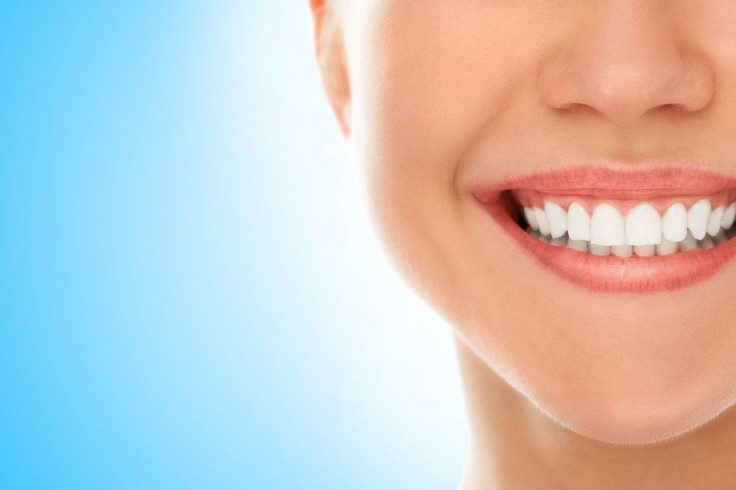Many Americans Don't See Dentists For Preventative Care; Lack Access To Oral Health Services

The importance of keeping our teeth healthy should be a no-brainer. After all, we’re only dealt one set of permanent teeth for our entire lifetime. But according to a recent study, there aren’t enough people going to the dentist for preventative care.
The study, which was published in the journal Frontiers in Public Health, highlights the racial and socioeconomic factors that contribute to Americans’ ability — or inability — to access oral health care. Overall, researchers found that between 23 and 43 percent of Americans didn’t receive any kind of preventative dental care in 2008. Breaking down the numbers into those who did undergo preventative treatment: 77 percent of Asian Americans, 76 percent of whites, 62 percent of Hispanics and Native Americans, and 57 percent of blacks. Respondents who had health insurance were also 138 percent more likely to get care, while women were 33 percent more likely than men.
“This is the first study to provide national estimates of the frequency of dental cleaning and associated trends over time for five major ethnic groups aged 50 and above in the U.S. simultaneously,” the researchers wrote. The results came from telephone survey data on over 650,000 adults. During the interviews, respondents were asked about the last time they had their teeth cleaned by a dentist — a common indicator of accessibility to dental services.
The researchers attributed the disparities in oral care to income, education, and whether or not the respondents had health insurance, Everyday Health reported. Specifically, they said that blacks might not be getting enough care due to a lack of education regarding oral health care, as well as an insufficient amount of culturally competent dentists. Meanwhile, Native Americans might have difficulty accessing dental care because there aren't enough professionals who choose to work for the Indian Health Services.
The findings are consistent with government statistics as well. According to the Centers for Disease Control and Prevention (CDC), about one-third of all adults in the U.S. have untreated tooth decay, and one in seven adults aged 35 to 44 have gum disease — one in four for those over 65. Taking care of teeth can have benefits beyond healthy teeth and gums too; a recent study found that good oral hygiene could reduce the risk of developing carotid atherosclerosis — a blockage of fats and cholesterol in the arteries that supply the brain with blood.
Interestingly, the researchers also found that smokers were less likely to get their teeth checked out — a trend that could have grave implications, considering that smokers are four times as likely to have poor oral health, when compared to nonsmokers. Of course, there’s the possibility that these patients already know that, and are nervous to hear about how bad their teeth are.
Source: Wu B, Liang J, Luo H, et al. Racial and ethnic variations in preventive dental care utilization among middle-aged and older Americans, 1999–2008. Frontiers in Public Health. 2013.



























